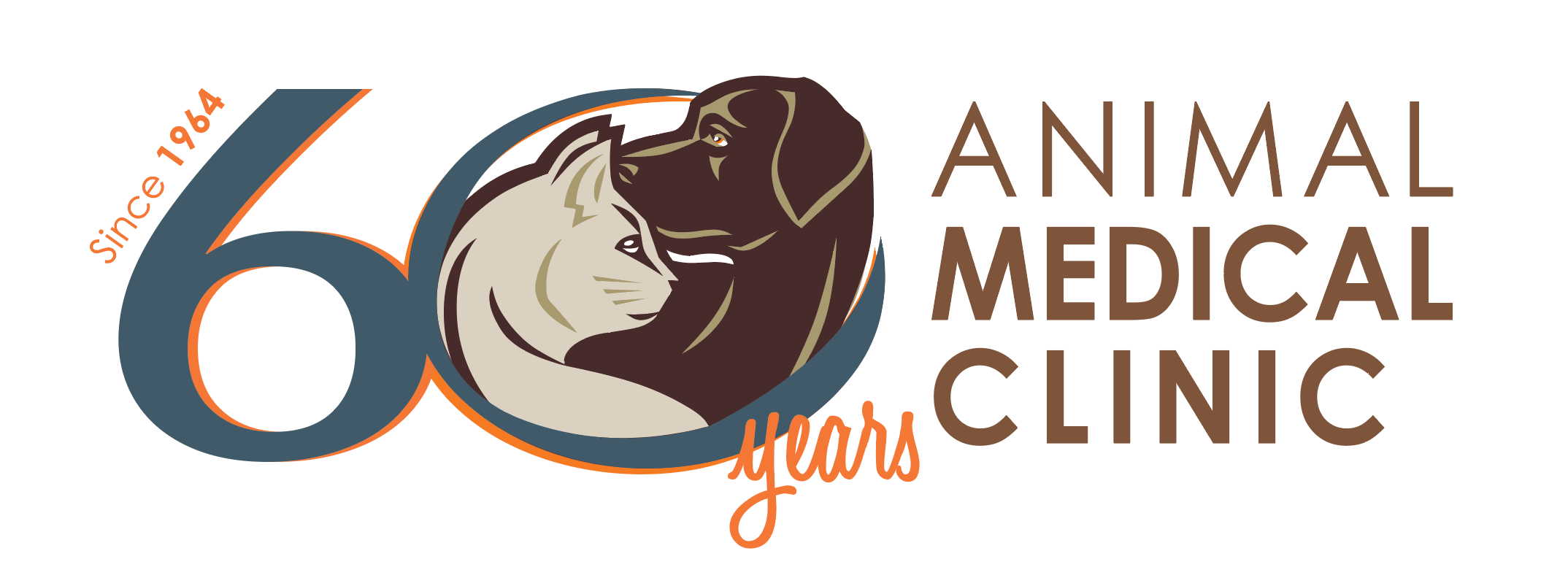
Heartworm disease is a serious and potentially fatal condition that affects dogs, cats, and up to 30 other species of mammals. It is caused by parasitic worms living in the heart and the major vessels of the lungs. The scientific name for the heartworm is Dirofilaria immitis.
Although heartworm disease is virtually 100% preventable, many dogs and cats are diagnosed with it each year. Heartworm disease has been diagnosed in all 50 states, and in Brevard County there were over 250 dogs and cats diagnosed with heartworms in 2018 that we know of. Because heartworms are transmitted (as microscopic larvae) through the bite of an infected mosquito, heartworm disease can occur anywhere there are mosquitoes. Even indoor cats are not safe from heartworm infection, as mosquitoes can get inside. Studies have shown that more than 25% of heartworm-infected cats live indoors only. The American Heartworm Society (AHS) estimates that 1 million dogs in the United States are infected with the disease, and the incidence may be rising. Wherever dogs are infected, studies have shown that cats are likely to be infected, too.
Signs of Heartworm Disease
Adult heartworms are 6 to 10 inches long if you stretch them out, and you can imagine what would happen if your pet’s heart and lungs get clogged up with worms. The heart is a pump, and when it gets clogged up, heart failure is the result.
Initial signs of heartworm disease in dogs and cats can be subtle. When infected, both species may develop a chronic cough. In cats, the signs may mimic feline asthma. Cats may also die suddenly without showing any prior clinical signs. Affected dogs may have lethargy (tiredness) and exercise intolerance (refusal to exercise or difficulty exercising). Most infected dogs and cats don’t show clinical signs until the disease is advanced, so testing may be the only way to identify pets with early heartworm disease. This is why the annual heartworm test is so important for your dog.
Heartworm in Cats
 In cats, there is no safe and effective medical treatment for heartworm disease. This is why prevention is so important. Your veterinarian can discuss with you how best to monitor your cat and manage the signs of disease. Antibiotics, steroids, and other medications are sometimes recommended. For cats with severe breathing problems or other complications, hospitalization may be needed.
In cats, there is no safe and effective medical treatment for heartworm disease. This is why prevention is so important. Your veterinarian can discuss with you how best to monitor your cat and manage the signs of disease. Antibiotics, steroids, and other medications are sometimes recommended. For cats with severe breathing problems or other complications, hospitalization may be needed.
Prevention
The best “treatment” for dogs and particularly cats is prevention. Safe, easy-to-administer, effective and economical medications are available to prevent heartworm disease in dogs and cats. There are a few options for dogs – ask your veterinarian which medication is best for you and your pet. For cats Revolution Plus is the product of choice. The American Heartworm Society (www.heartwormsociety.org) recommends year-round administration of heartworm preventive medications. Some heartworm preventive products have the added benefit of controlling other internal parasites of concern, such as roundworms and hookworms in dogs and cats as well as whipworms in dogs. Some products also target external parasites, such as fleas and mites. We recommend that every dog and cat in Brevard County should be on heartworm prevention year round. If your pet is not, or you are not sure, please contact us.



